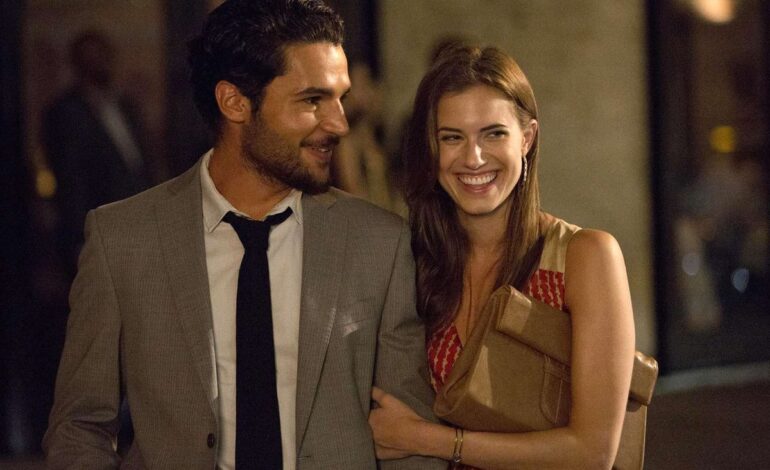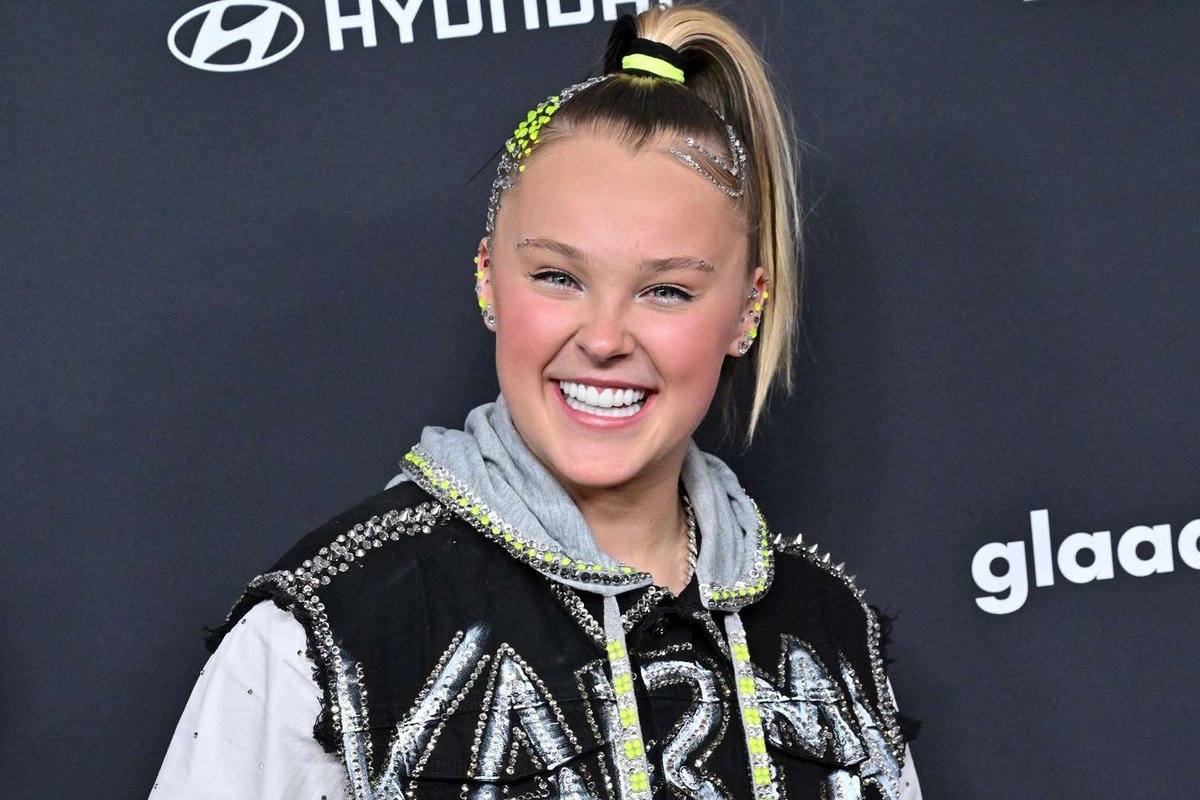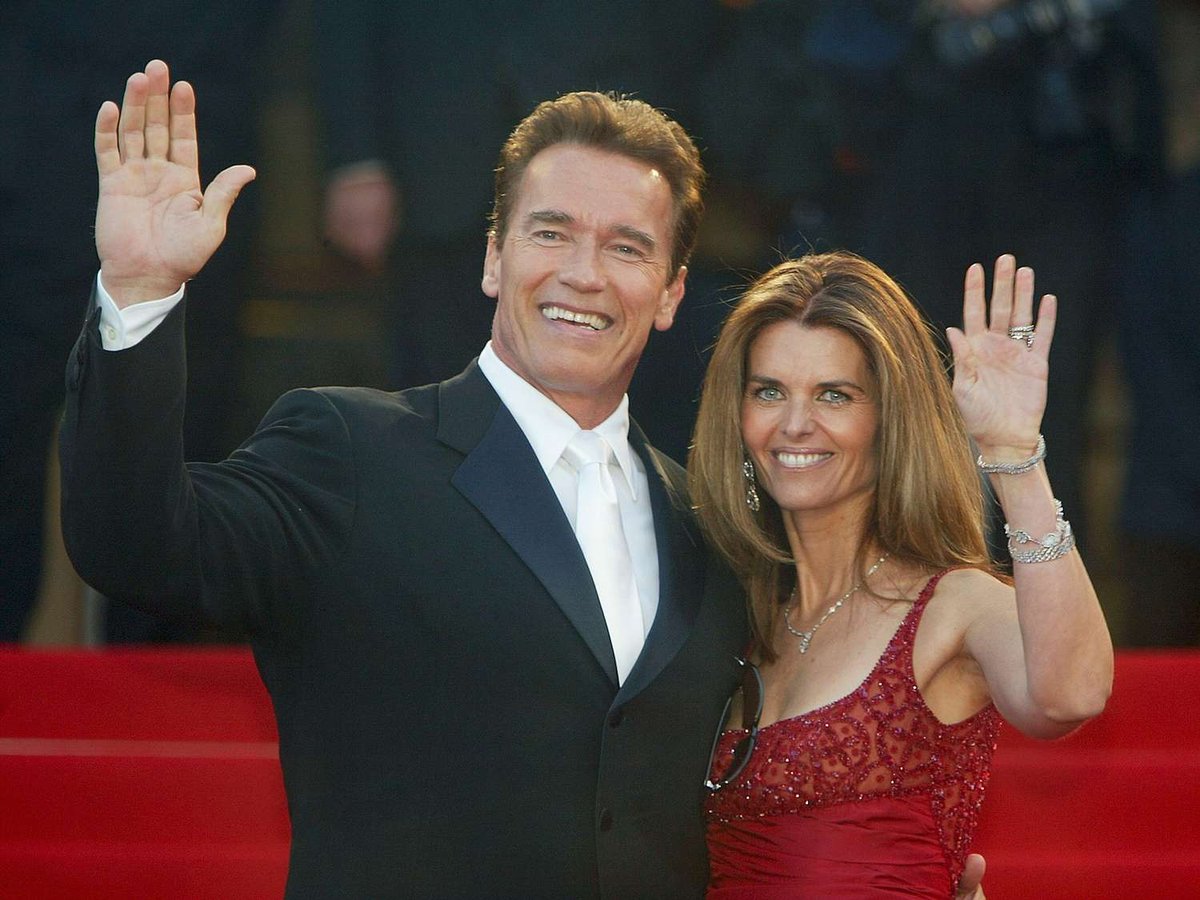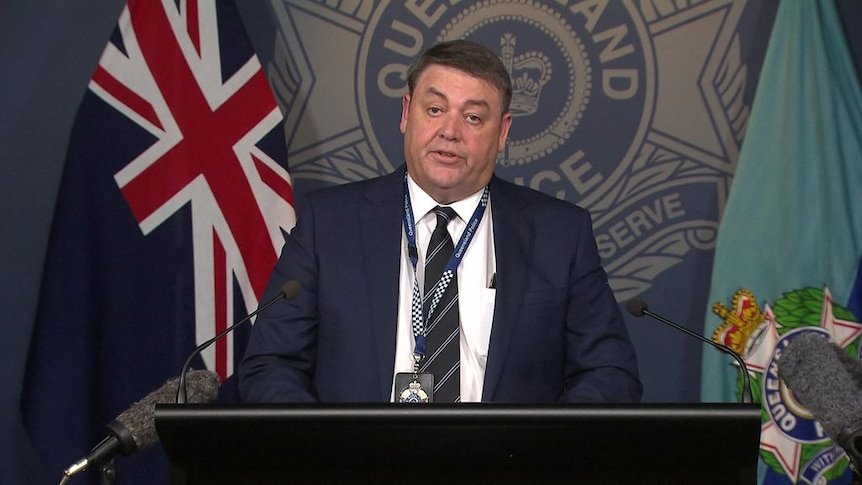Why ‘Girls’ Really Needed an Intimacy Coordinator, According to Allison Williams

Let’s unpack this without making it a big deal: Allison Williams just admitted that shooting HBO’s Girls was way more awkward than we thought. During a recent chat with People, the actor behind Marnie Michaels dropped that the hit series never brought in an intimacy coordinator for its game-changing bedroom scenes—and she’s convinced it would’ve saved everyone a ton of secondhand embarrassment.
Williams explained that, back when Girls premiered in 2012, “intimacy coordination” wasn’t even a thing on most sets. Scenes that now earn headlines for their authenticity were then handled with good intentions but no formal safeguards. “We’d rehearse camera positions, blocking and emotions,” she told People, “but no one was there to negotiate comfort zones or choreograph consent. I mean, sure, we all trusted each other, but it got tense sometimes.”
This isn’t just a flashback to cringe-worthy moments on set. Industry pros have been vocal about how intimacy coordinators now help actors feel secure and streamline complex scenes. Entertainment Weekly notes that following the Me Too movement, productions from Netflix’s Sex Education to HBO’s Euphoria have made on-set intimacy experts nonnegotiable. Williams’ revelation adds extra weight: if a trailblazing show like Girls lacked those protocols, what else was slipping under the radar?
Digging deeper, Variety reported that after hearing about Williams’ remarks, several former cast and crew members reached out to express similar relief that today’s projects take consent choreography more seriously. “We didn’t have a playbook for this,” one source shared anonymously. “Lena [Dunham] was pioneering in her own right, but it was all trial and error.” Even Dunham has since advocated for better on-set protections, telling Deadline that consent measures are “invaluable” for artistic freedom and actor well-being.
Williams isn’t throwing shade—she’s pointing out progress. She emphasized to People that intimacy coordinators aren’t about stifling creativity, but about establishing clear boundaries. “You still tell the story you need to tell,” she said, “but you do it respecting everyone’s limits.” On set now, coordinators lead conversations about what’s okay, what’s off-limits and where to put the lens, turning potentially awkward setups into professional collaborations.
With the current Girls revival rumors percolating across social media (hi, Twitter thread theorists), Williams’ comments remind us how much the TV landscape has evolved—and how important those behind-the-scenes roles are for not just safety, but for better, bolder storytelling. So if you ever re-binge the series, know that each iconic moment came without the guardrails actors count on today.
Anyway, that’s the scoop. Don’t say you weren’t warned. If this conversation gains traction, don’t blame me.
Sources: Celebrity Storm and People Magazine, Entertainment Weekly, Variety, Deadline
Attribution: Creative Commons Licensed




